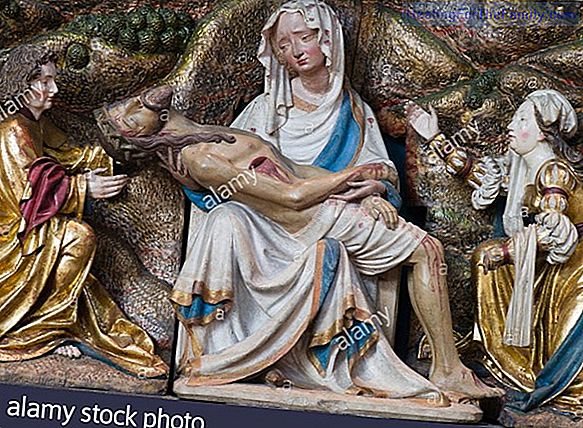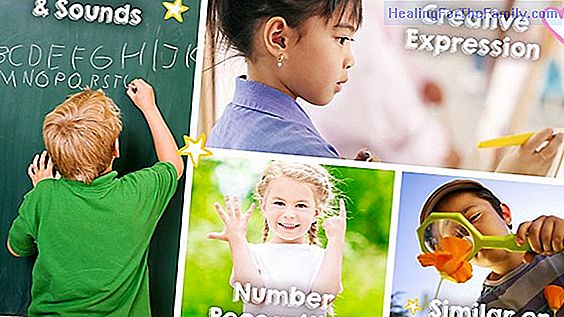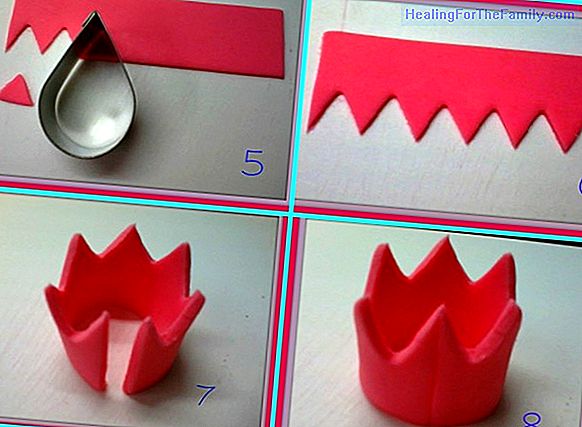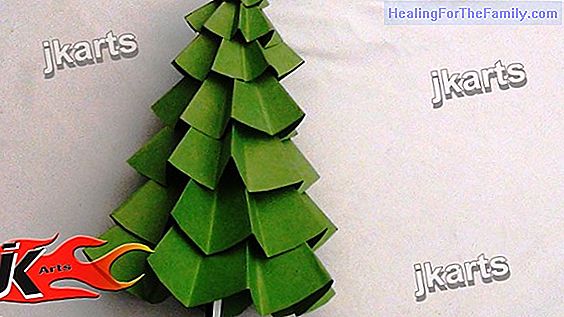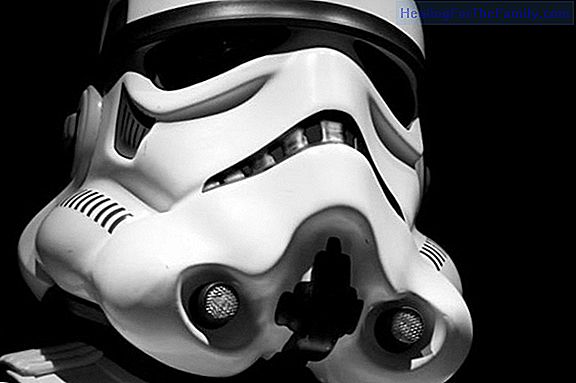Memory in babies
The development of memory is fundamental in life, it is what helps us to orientate ourselves in time and space, to create habits, to relate to others. The neurons responsible for memory develop from the third trimester of pregnancy, so that at birth the baby already has memory. The favorite smell is
The development of memory is fundamental in life, it is what helps us to orientate ourselves in time and space, to create habits, to relate to others.
The neurons responsible for memory develop from the third trimester of pregnancy, so that at birth the baby already has memory. The favorite smell is that of his mother and that of breast milk. Begin to recognize voices and some familiar faces. Remember voices and smells, but you are not aware of what they are or when you have perceived them before. It is unconscious memory. This helps you understand the routines, as the weeks go by, and is able to orient yourself in the day, to know when you have to sleep or eat, when it is night or day.
How the memory develops in babies according to their age
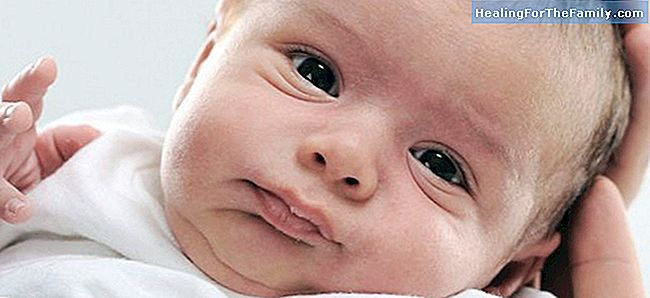
- After three months you can identify your toys. At six months he is completely familiar with the people closest to him: father, mother, grandparents, brothers, caretakers, so they start to miss people they do not know. They are also able to follow the customs, such as what is done when changing the diaper, how is the bath routine or going to sleep. Understand the relationship between different actions because you remember them, for example if you prepare the cart or put on your coat they know they are going out for a walk. If you take off his clothes, they think they are going to bathe. - At nine months you can know where in the house you left the toys and go to look for them.- By the age of one, he begins to use the most concrete language or sounds to indicate and demonstrate what he wants, and can relate some sounds to situations. You can make a recognizable sound for us when you do something that you recognize as usual (go to grandparents' house, go to the park ...) El - The language develops especially after two years, remember names of people, objects, colors, shapes, you can read stories and he realizes if you skip pages (because he remembers the story), expresses his basic feelings and relates them to situations, and it seems that at this moment
begins to develop long-term memory
. A - From 3 years of age the child
has a developed conscious memory , which will allow him to remember something or important situation even into adulthood.What can we do to improve the child's memory?
As Tomás Andrés (professor of Developmental Psychology and Education at the Complutense University of Madrid) suggests, we can strengthen it from the first days of life. It is best to start with the sounds, music, dialogue, talk a lot, even if the child does not understand it yet, but he listens to it. It is very important to caress the baby, it helps him to recognize the limits of his own body and the different sensations, friction, pressure, caress. Your whole body is full of thousands of nerve endings that should be stimulated.After six months, stories can be shown, describing the images and faces of the characters. We can explain to them how they feel, if they are happy, sad, angry, so that they recognize the feelings (basis of emotional intelligence).
After eight months he recognizes himself, so we can show him his image in a mirror, and also photos of relatives, telling them the names, who they are, where they are, if it was a birthday, a holiday ...
From 12 months you can hide objects and he finds them, as well as snaps and simple puzzles, cause-effect toys (if I press the button the lion sounds a roar, if I strike the light bulb turns on). Also the type games 'memory' to develop visual memory.



